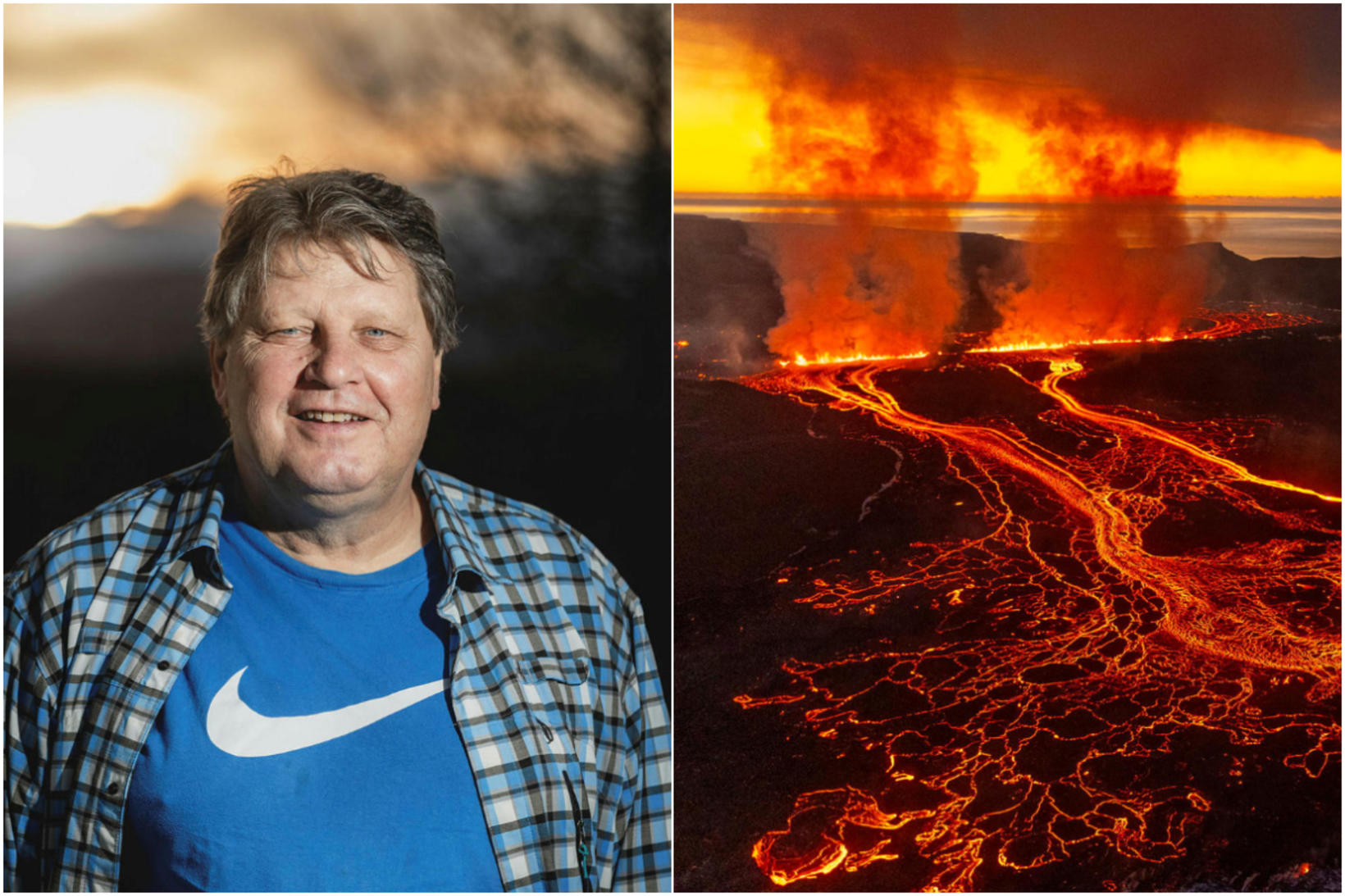Volcanologist: Previous eruption assumptions no longer hold
"Maybe it means this is just about to end," Þórðarson says. Composite image/mbl.is/Arnþór/mbl.is/Árni Sæberg
Volcanologist Þorvaldur Þórðarson cautions that it is impossible to predict if or when another eruption will occur on the Reykjanes Peninsula, as the assumptions previously used to forecast eruptions are no longer reliable.
The last eruption in the Sundhnúkagígar crater row began on November 20, 2024, and lasted until December 9. However, predictions about the timing of a new eruption have so far proven inaccurate.
Signs of activity diminishing
“It seems relatively quiet on the Reykjanes Peninsula for now. There are some small earthquakes around Sundhnúkagígar, but nothing significant,” Þórðarson said in an interview with mbl.is.
He noted that inflation, which had been steadily increasing, has slowed considerably in March. “The curve that was rising is now flattening,” he explained. “Maybe that means this is just about to end.”
Uncertainty remains
Despite the apparent slowdown, Þórðarson emphasized that previous models for eruption timing are no longer valid.
“The assumptions we’ve used to predict past eruptions are essentially broken and unusable,” he said, adding that an eruption could just as easily begin tomorrow, next week, or not at all.




/frimg/1/57/93/1579337.jpg)
/frimg/1/57/94/1579405.jpg)




